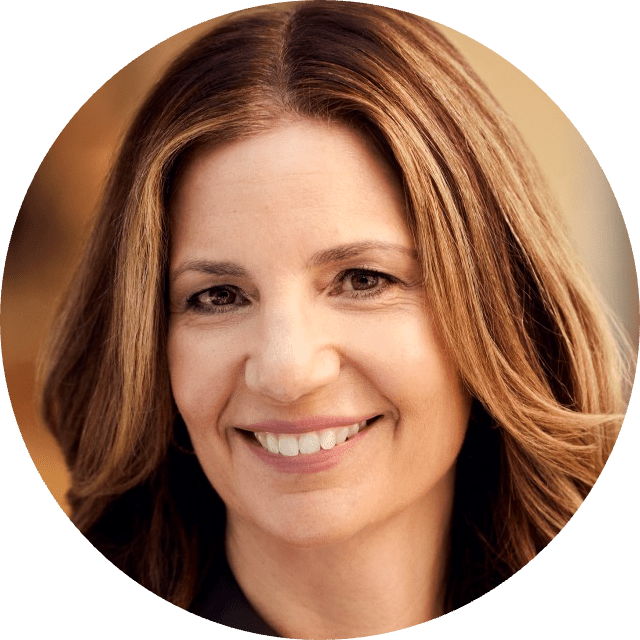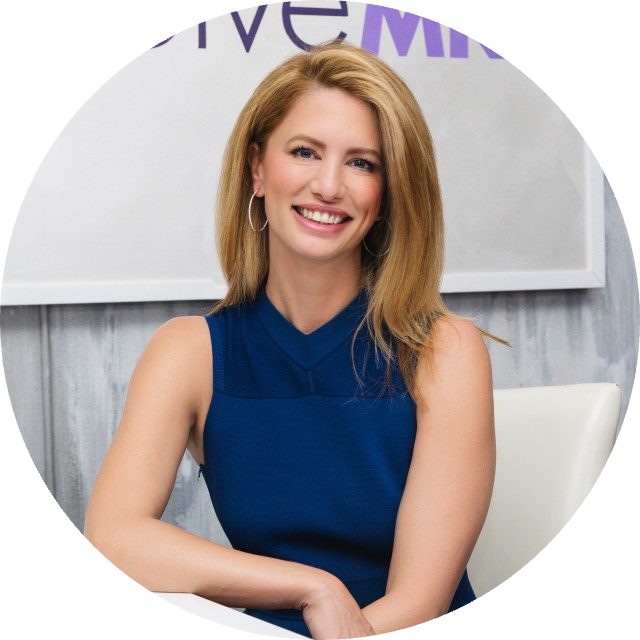Is it time to retire the term ‘work-life balance’?

Work-life balance has become an omnipresent phrase used to describe the importance of balancing our professional and personal lives.
The term constantly makes its way into work-related conversations, headlines and company mission statements to the extent that some experts say it is becoming more of a catchphrase than an actual meaningful concept. While its core message remains crucial for wellbeing, the constant repetition of it might actually be diminishing the effort to create a more modern and relevant approach to work and life.
Is it time to retire the term and replace it with more meaningful terminology?
The idea of work-life balance suggests that the two are not connected and there should be time for both. However, others alternatives include work-life harmony, whole life approach, and work-life presence, just to name a few. Although it’s largely just a terminology change, it could help people think about what a balance between work and life really looks like for them in the future
A whole-life approach
Wendy Leshgold is co-founder of The Fast Forward Group, which offers professional and leadership training via the lens of a whole-life approach. They’ve worked with companies like Google, JPMorgan Chase, Amazon and Paramount to teach that when people are living their best lives, they do their best work too.
Leshgold isn’t shy to the corporate grind and neither was her co-founder Lisa McCarthy before they started their company.
“I knew there was a way to be fully engaged in your career, but not say ‘oh, I can’t focus on that relationship, or on my mental or physical health,’” said Leshgold. “It is possible to be able to fire on all cylinders. But how do we give people a repeatable system to go after things that matter professionally and personally?”
She says it’s way bigger than work-life balance. Some people might have work-life balance, but keep things so split that it doesn’t ultimately benefit them. At the root of the whole life approach is asking: what does success look like in my whole life. That’s not an easy question for people to answer, especially if they measure professional success as being the most meaningful. To get to the bottom of it, it’s helpful to ask what you want to be known for in a year’s time.
“The answer might be slightly different for professional vs. more personal areas in your life, but more often than not, it’s the same,” said Leshgold.
Leshgold is working on being patient in both her professional and personal life. It’s something she hopes will benefit her at home and at work. For others, it might be having trouble making decisions or that they second guess themselves too much. A whole life approach is work on all fronts.
“When you work on it professionally and personally, it’s going to be more meaningful,” said Leshgold. “When someone asks how you want to grow professionally, they care, but not that much. But when you ask somebody where they want to grow as a human being, they really care and will put a lot more effort into that growth area.”
How rethinking work-life balance boosts productivity
A major concern for companies lately has been employee engagement, especially in the face of workplace trends like quiet quitting, acting your wage and productivity enhancement. But when an employee feels engaged and have the opportunity to grow – both at work and at home – it can make a huge difference.
Still, not every worker wants to share their personal life at work, and might even prefer a clear divide between the two. When Leshgold holds workshops with companies, see often encounters the sentiment that there are some things simply too personal to share at work.
“We say great, don’t share that part, share what you’re comfortable sharing, but write it all down for your own success,” said Leshgold, who is the co-author of “FAST FORWARD: 5 Power Principles to Create the Life You Want in Just One Year.” “People usually feel good about that.”
But sharing just a little bit more about home life can go a long way. For example, one person who attended one of Leshgold’s workshops was a dad who wasn’t able to coach his son’s elementary school baseball team because it overlapped with a team meeting at work.
“He didn’t say a word about it and nobody knew he had that aspiration to be a coach or that it was something that was important to him,” said Leshgold. “It seems so fundamental, but it wasn’t until he actually sat down and wrote his vision, which included the kind of father he wanted to be. He read it to his manager and his manager said ‘how can I help you?’”
Ultimately the meeting was moved to a different day and he was able to coach his son’s team.
Presence versus balance
With work-life presence, a term coined by Megan Driscoll, CEO and founder of public relations agency EvolveMKD, it’s the idea that you can be fully present in both work and life without sacrificing one or the other. During the hiring process, people frequently asked Driscoll what is the work-life balance at EvolveMKD. The reality, Driscoll said, was that she couldn’t promise candidates they’d be off at 5 p.m. exactly, but that they have a culture of work-life presence where if you work late one day, it’s alright to take some time for yourself another day.
Driscoll has always intertwined work and life. Before founding her company, she negotiated an earlier job contract to include time off during the middle of the day to go to the gym. The employer agreed, and it’s what inspired her to keep that approach with EvolveMKD.
“It can be harder for people to think about it this way,” said Driscoll. “The balance piece is easier to understand, but once people get the presence piece, it’s a lot more applicable to the challenges people have in a post-Covid world.”
It’s clear how much more work and life have blended since the pandemic, largely thanks to remote and hybrid work where we operate out of the same space where we spend time with friends and family. It’s made it easier to blend the two, but that’s why Discoll emphasizes the importance of being present for both work and life.
That means when you are on a Zoom call, you aren’t multitasking and answering your friends texts on the side. And when you’re with friends, don’t check your work email or worry about what is going on there.
“There needs to be a level of trust and accountability to execute it successfully,” said Driscoll. “You need to be a good communicator if you need to leave in the middle of the day and be proactive about deadlines. Work-life presence allows for fuller lives, but it requires more thinking and accountability on everyone’s part to fully take advantage of it.”


